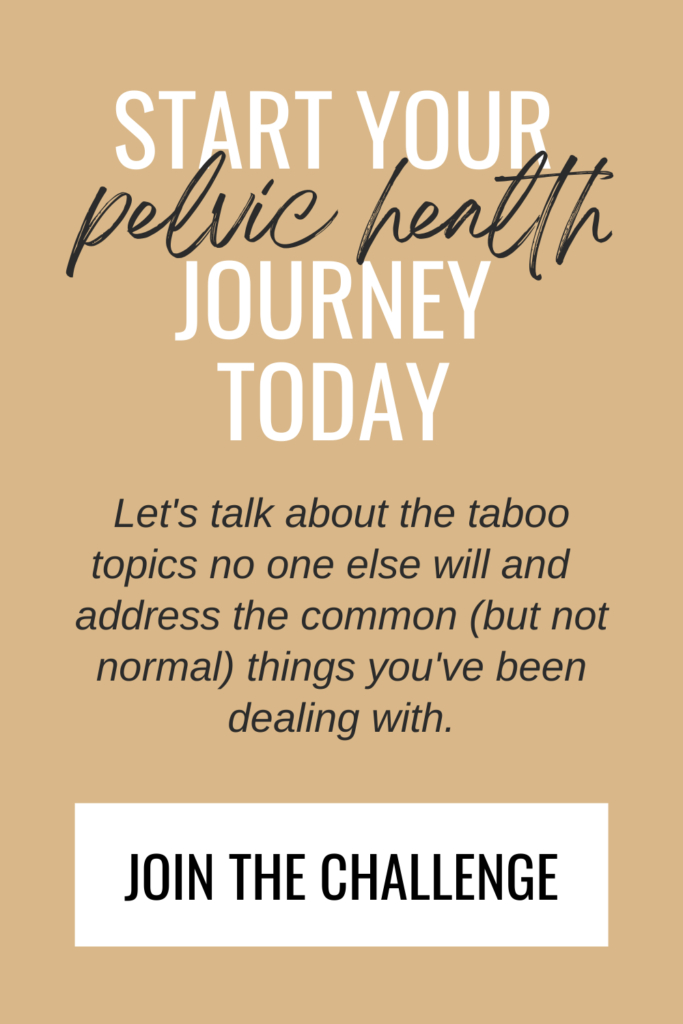Fertility is a touchy subject for me. I’ve never miscarried a baby, nor have we been “trying” for very long. So to say that I’m on a “fertility journey” may seem a little dramatic, even to me. But 5 years ago I went into surgery for endometriosis and was told I may wake up sterile. Now after getting off birth control and being told I have a 6 month window to get pregnant before my endometriosis starts taking over again, I would be lying if I told you it’s not something I think about every day.
Now the wanna-be-baby-mama in me has made all the changes. Toxin free skin care. Check. Period tracking. Check. All natural home products. Check. But diet…80% Check.
Friends, why are diet changes so stinkin’ hard? I’ll workout everyday without question and drop all the money on home and beauty products. I even saw a functional nutritionist and did a 30 day gut reset. But that’s how long my strict eating lasted…30 days.
Because pass on Saturday morning donuts or decline a fondue girl’s night? UGH. I’d like to think that my love for this not-even-conceived-yet baby is stronger than my cheese and carbs cravings, but sometimes it’s just not. Does that make me a bad “future mom” or mean I maybe don’t even deserve to be one? Let me tell you…I ask myself that sometimes mid bite and the feeling is awful.
As a woman with endometriosis and newly diagnosed SIBO (small intestine bacterial overgrowth), there are just some foods I should not be eating. Inflammation is strong in this body of mine and digestion is not my gut’s strong suit. So cutting out processed foods is a must and something I’m overall pretty good at following. But I’ve also found that I’m better at adding things into my diet than taking things out…thus my love for fat was born.
Now let me tell you…the temptation to get preachy and soap-boxy about how strongly research supports a high fat-diet, especially for fertility, is huge. And I could take this post a completely different direction and get all scientific on you. But even I would stop reading, and my goal is not to prove a point, but to offer help for anyone else who is in the same boat as me.
To put it simply, we need fat because it is the building blocks for our cell membranes and hormones and the driver of nutrient absorption.
If we want to get a little more scientific:
- A well-balanced and timed energy metabolism (driven by fat) is critical to the optimal development of oocytes.
- Normal function of mitochondria (with strong cell membranes due to fat) is essential to reproductive capacity.
- Vitamin D (a fat soluble vitamin) is strongly expressed in female reproductive organs.
When I say fat, I don’t mean trans-fats like highly processed or hydrogenated fats and oils. I mean the GOOD stuff- the fat found in vegetables and animals that our body needs for energy and function.
So what am I eating?
Meat
I swear every other Netflix documentary boasts vegan/vegetarian diet benefits right now, but I’m personally not buying it. I am, however, all about their murder mysteries lately! #noshame. PS- if you follow a plant based diet, more power to you, sister. It’s just not for me.
Quality meat (read ORGANIC, GRASS FED, ETC) contains cholesterol, which is vital for reproductive function. If you don’t consume cholesterol, your body will make it, but that takes extra work. And I want my body to be working to make other things. Like babies.
Egg Yolks
The popular low-fat diet craze at one point had me ordering egg white omelets with a better-than-thou smugness that is embarrassing to recall. Now…I’m putting egg yolks in EVERYTHING.
The yolk of the egg (from PASTURE RAISED chickens) contains a ton of vitamins, minerals, and omega-3 fatty acids, all super helpful for digestion, menstrual cycle regulation, and fetal development. If you want to read even more about it, I must recommend this blog post by Sarah Jane Sandy.
Want to know my favorite way to eat egg yolks first thing in the morning? I add them to my smoothie. RAW! And I feel as cool as Rocky Balboa every. single. time. Because the fat in egg yolks is unsaturated, it has a low heat tolerance and cooking damages the high quality of its nutrients. Making sure the quality of my eggs is high decreases the risk for salmonella and gives me confidence that I’m doing all the right things for my body and our (fingers crossed) future babe.


Butter
When I was a kid, I ate butter with my fingers. For real. And now I’m doing it again! Not literally…but basically. Butter (again, from PASTURE RAISED cows) contains all the same superpower fats and cholesterols found in meat.
Real fat, not the highly processed stuff found in margarine or other high sugar and processed substitutes, provides long-term energy storage as well as steroid hormone and cell membrane health.
I’m putting butter in the pan when I cook vegetables and not shying away from it in my baking. And because it’s so flavorful, I’m using less sugars or other additives to compensate for taste.
Avocados
This is my excuse for Taco Tuesday every week! And margs…which are not for fertility, but fun and sanity!
Avocados are high in monounsaturated fatty acids (MUFAs), folic acid, and phytonutrients, all of which promote cell health and decrease inflammation to make my body the perfect home for a baby.
Frozen in smoothies, with bacon and eggs for breakfast, guac…I could go on and on with all the easy and tasty ways I’ve added avocado into my diet.
Nuts
Homemade nut milk (you MUST check out the Almond Cow) and nut butter have become my not-so-guilty pleasures and I’ve come to find there is nothing cashew butter and a spoon cannot fix.
Selenium (found in Brazil nuts) and arginine (found in pine nuts) are specifically helpful in thickening the uterine lining. While not all nuts contain these super powers, they have omega-3 fatty acids which help reduce inflammation, a major cause of infertility.
When purchasing nuts, I buy them raw, because factory roasted nuts are often brought to such a high temperature that they lose their nutrition benefits. BUT…raw nuts NEED to be soaked prior to eating because phytic acid (found on all raw nuts) is difficult to digest and can promote inflammation.
HOW I PREPARE MY NUTS:
1. Soak nuts in filtered water on the counter. Soak time is different for every nut. Here are a few popular ones:
- Almonds: 8-12 hours
- Cashews: 2-4 hours
- Macadamias: 2 hours
- Pecans: 6 hours
- Walnuts: 4 hours
I always soak my nuts before making nut milk. If I’m going to be eating them whole or using them in cooking, then I roast them.
2. Roast the nuts on a baking sheet for 12 hours at your oven’s lowest temperature.
3. Enjoy!
Obesity, heart disease, and even death have been linked to high fat diets for years, but that’s because the studied fat and cholesterol were not coming from good, clean sources. Now, fat is one of the #1 things recommended for women trying to become pregnant and I am here for it (insert praise hand emojis here!)
Cheersing you with a smoothie today, complete with raw egg yolks and avocados and a slice (or two) of bacon on the side!















